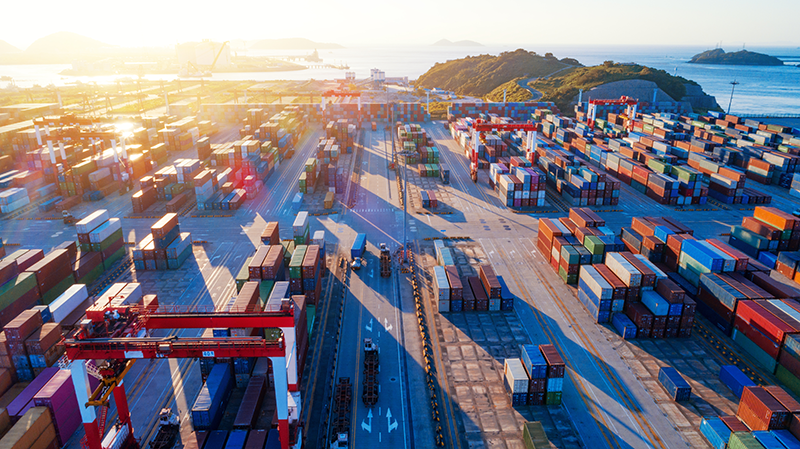Identify. Capture. Share - November 2022
This issue of Identify.Capture.Share. focuses on the need for us all to step up our data, not only to optimise our end-to-end supply chains but to also provide the transparency consumers (and regulators) around the world are increasingly demanding.
We hope you find it a good read.
A standards toolkit for cross-border paperless trade
Global trade is the backbone of the world economy, valued at US $28 trillion in 2021. Despite its importance, trading across borders remains a notoriously complex process which is highly dependent on paper documents.
Case study: Making China’s customs clearance processes more efficient and accurate.
In the past two years, the GS1 GTINs (barcode numbers) for 780,000 products have been verified from Chinese imports across 99 countries. “This more precise identification simplifies and standardises the process and enables border agencies across China to evaluate compliance more consistently.” — Head of the Tariff Collection & Supervision Department, Nanjing Customs PRC.
The 'Digital Twin'
“We’ve all got to do a lot better and take responsibility for getting this stuff right – it really does matter, especially when the stakes are so high.” — Raewyn Bleakley, CEO Food and Grocery Council. The message is clear. Having inaccurate, out-of-date, and incomplete product information online has become a real problem for both retailers and consumers.
Driving efficiencies between merchants and suppliers through product data in agribusiness.
The agribusiness sector is a key contributor to our economy, with exports of over $50 billion. The sector has significant opportunities to boost performance and profitability, by aligning on the use of global data standards to create a ‘common language’ for the exchange of key product data in the sector.
Sustainability step up – GS1 in Europe supporting the European Commission’s ‘Green Deal’.
There is an immediate and collective need to adapt to climate change which is driving a strong global agenda for sustainability. In March 2019, the European Commission adopted a comprehensive report on the implementation of the ‘Circular Economy Action Plan’. The draft regulation includes the use of ISO/GS1 data standards, which will provide extra value to GS1 members.
Stepping up standardised and globally interoperable product data in the building sector.
GS1 NZ’s research concludes that the NZ building and construction sector would benefit significantly by starting its journey towards a product library and a ‘Digital Product Passport’






